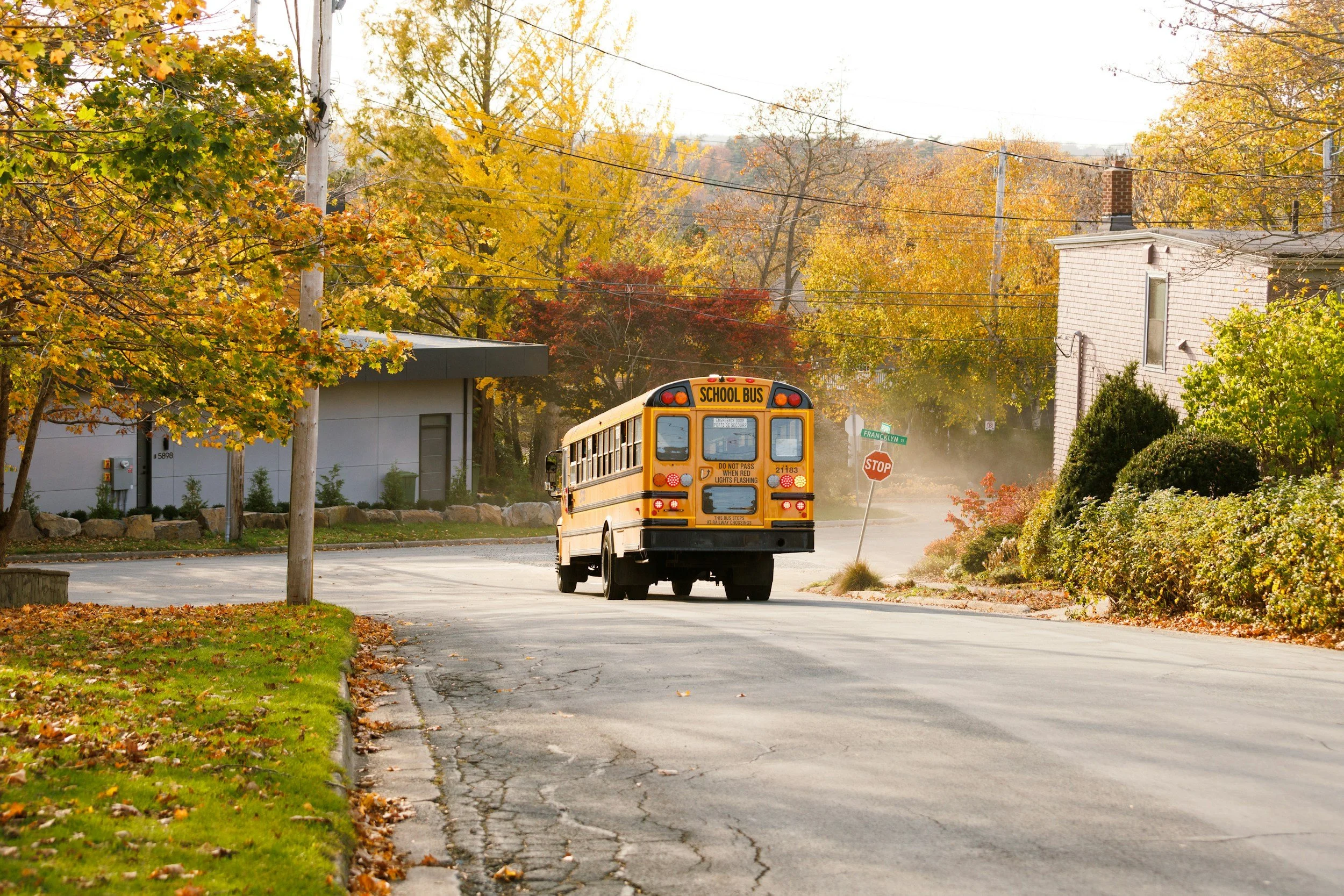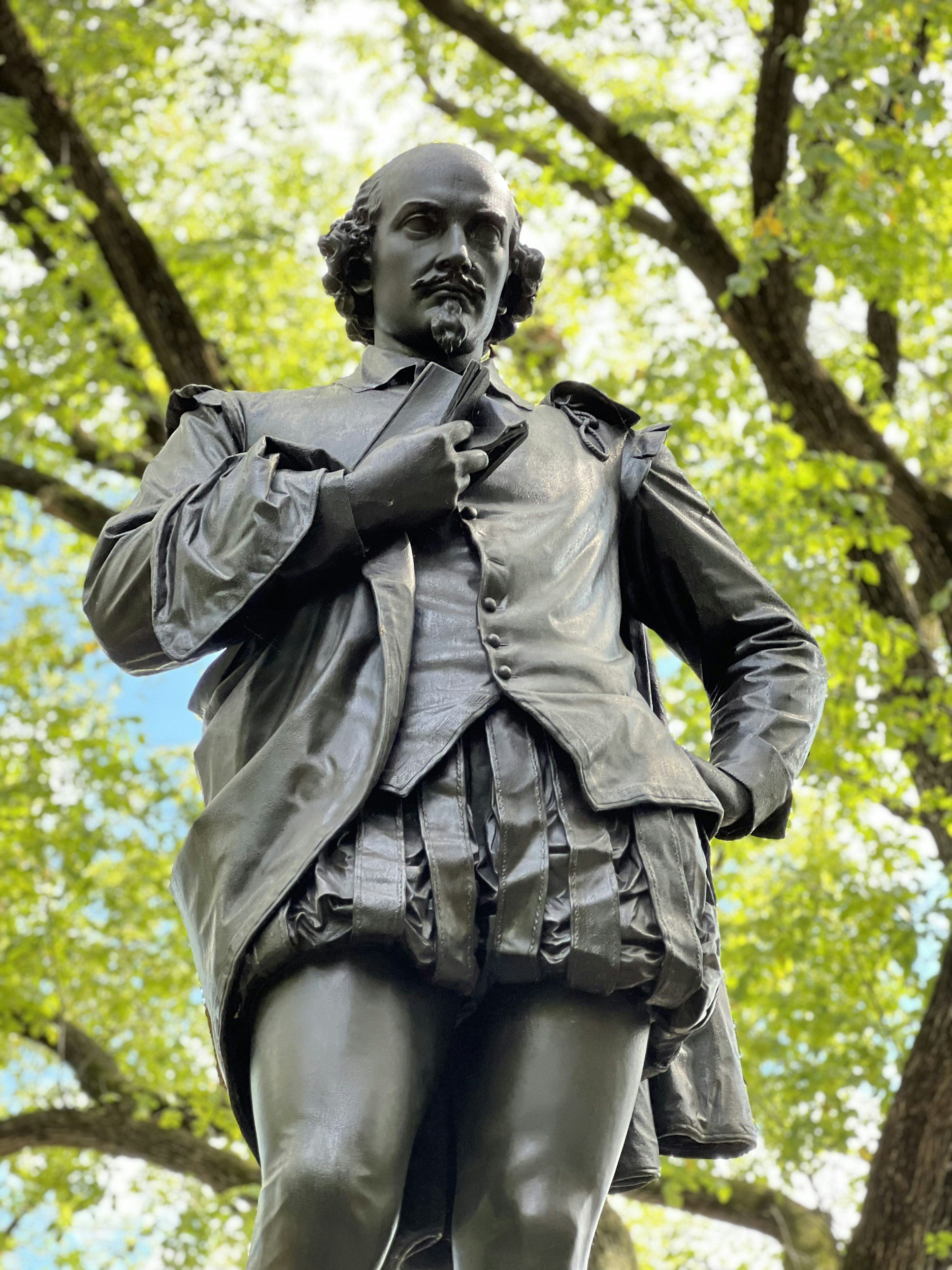Resident Aliens
Our species had not yet persevered through Y2K, but my time was short for subatomic reasons. My father had imploded, six feet of a Johnny Cash accent spiraling to the carpet in a “cardiac event.” My mother was one hour away, watching Frasier reruns in an apartment with cathedral ceilings. I had just broken the tamper-proof seal on The Best Years Of My Life.
I was a Vassar freshman. I had a private dorm room. I had an anthropology professor who wanted to take me to Fiji and a biology professor who wanted me to co-author research on leeches. I had inch-long hair that made me look like a naiad, and a boy with a beard to his belly button who kept asking me to square dance.
I kept my door closed even after this triggered a “touch-base” with the residential advisor. I ate saltines in my room and listened to the woman who mopped the bathroom sing “What A Friend We Have In Jesus,” over and over.
I strung my hours together, then snapped the elastic every time my molecules threatened to form a friendship bracelet. I closed the door in Raphie’s face by feigning low blood sugar.
Raphie was Vassar’s foremost authority on the limitations of doors. Under an unbroken eyebrow, he jiggled Vassar’s knobs until everything was open. One year my senior, Raphie was conventionally unattractive and stubbornly magnetic. He could not get the scale to register one hundred pounds even if he held a cat in each arm. He did not stop talking about cats, Lord of the Rings, or Vassar’s paper towel problem.
I was only in the dining hall to fill my bag with apples, the weekly stash I lined on my windowsill each Monday. But there my neighbor was, grandstanding in jeans three inches too short and a hoodie demanding, Got particles?
“We call ourselves green!” John the Baptist had a unibrow and no intention of improving his hygiene. Everyone listened.
Raphie raised his reusable tumbler like a chalice. “We throw bones to the earth! Oh, I wash my own coffee cup, I am valiant, I am noble, I am the savior of my generation!”
His voice registered between SpongeBob and Aragorn. He hurled napkins like shame’s parchment. “But look at us. We wipe the ketchup from our mouths like sultans! We call ourselves green!”
Raphie’s eyes met mine, and he wiggled his woolly caterpillar. “I am calling on Vassar to discontinue disposable napkins, effective immediately!”
The dining hall rippled with more “amens” than any church I’d visited.
“Paper towels!”
The call-and-response rose.
“Cutlery!” Raphie raised a knife that would scarcely sever a veggie dog. “Are we too weak for stainless steel?”
“Tell ‘em!” A girl in a purple Dick Tracy hat ascended her own table.
Then Raphael Greenberg went too far. “Our mutual home will not wait. This is a time for bravery.” He hurled white rolls with cyclops eyes. “Do we need so much toilet paper?”
A great silence fell. Eely laughter greased the hour. Conversations resumed. I had no idea if Raphie was kidding, or if we had just missed out on revelations from his own world. I had no idea where he went after that.
I knew that Raphie was President of both the Vassar Greens and the Non-Human Students’ Association. Everybody admired the former. Everybody had a flinch reflex for the latter. Raphie bilocated worlds.
“NSA” members reported to Organic Chemistry dressed as Frigg, cheerful to explain that they just needed a boost that morning. The NSA sold chocolate-covered pretzel rods to afford visiting lecturers on The Sociology of Fauns and Unsung Nebulas.
The NSA did not leave anything unsung. Raphie unraveled before my eyes at the mention of Maine Coons or dark matter. The girl in the fedora burst into applause for reasons known only to gnomes. A yeti larger than my father, who asked even professors to call him Photon, covered his door in charcoals of creatures covered in eyes. He told me they were biblically accurate angels. “Read the New Testament. They’re not pretty ladies. There’s a reason everyone who sees them falls down as though dead.”
The NSA rose up as though alive. They threatened to unstring our world. They accumulated fandoms and fiefdoms and extra credit.
I heard them in class. Even in plainclothes, they could be seen. They responded to drowsy comments by sophomores with accolades. “Excellent insight!” “Magisterial!” “An idea whose time has come!” “Valiant thought, my liege!”
They encouraged in all directions, applauding even the sly-eyed who commented on their hygiene. “I think they all use natural deodorant,” my resident advisor remarked on one of her attempts to get me to laugh.
I wasn’t laughing unless the joke was told by my mother. She had rejected my proposal to drop out of Vassar and seek a management position at the Gap, which would enable me to move home and be her symbiotic sister-daughter forever.
“You are going to find your way,” she insisted. “You are going to have a beautiful life. I am going to find a great husband. We are not going to be the mall witches.”
We had witnessed the mall witches since my infancy. A cautionary tale with four legs and two curtains of black hair, the mother and daughter walked arm-in-arm through the Crystal Run Galleria, tight as a neutron star. They never stopped for an Orange Julius. They never looked in our eyes. My mother would not let me forget them.
My mother did not pick up the phone a week before Thanksgiving, although she had failed to report any social events. She had friends, fellow school psychologists who lured her to dark territories with names like The Blue Martini. She told me that men with names like Brody touched her arm. After several glasses of chardonnay, she informed her depressed virgin daughter, “I will not lead a beige life, you know.”
She did not pick up the phone for two hours. My knees softened to rotini. I knew this spiral. My only confidante was crushed by a cement mixer or tied in Brody’s trunk. I opened my 10” window and tried to deep-breathe by counting stars. Poughkeepsie was too neon and reeked of falafel.
Two hours. My mother was dead. Every fear had been honest. The end had come. The world without end had ended.
I pulled the quilt off my bed. It was the sacrament of my last summer before college, pastel calico stitched into my mother’s hours. “I will make any quilt you choose. Find a pattern you like. You will sleep under it, and it will make you ready.”
I chose the most intricate pattern in the craft store, twenty-one cats with twelve triangles in each tail. She was foundation-piecing the final border when we received the call about my father. It was her birthday. They had been divorced two months. He was not supposed to grab a permanent marker and write an unauthorized ending. My mother finished sewing, and I was not ready.
I tugged the quilt around my bones like a cloak. This knocked every ceramic animal off my desk, as well as the angel with her arms held overhead. I heard her head crack off clean and picked up her body. Twenty-one cats and I fell to the floor. Curled like a shrimp, I sobbed, wriggling in my exoskeleton until I spotted the angel head. I rolled it in my hand. She had no face. I only had a glue stick, and it was too weak for the task. I watched the head roll under my bed.
The quilt had become one with my body, so I took small steps to the door. I pulled the fabric over my head like a cowl and heard the water in my ears slosh.
The Community Room was loud with lasers and phasers and the vapors of people who favor natural deodorant and ration bath tissue. The NSA was screening a movie I had never seen. I could not tell if it took place in the past or the future. There were trebuchets and jokes about spray cheese. I was going to come to the end of my life watching this.
Raphie heard me jiggle the handle. “Angie! Oh, hey! Oh, gosh, hey, come, please!”
“No, I’m just—”
“—I’m so happy you came!”
“I didn’t—”
“—what are you wearing?” Raphie’s hand flew to his heart. I heard it thrumming like a jolly mammal. “Are those cats? Is that—”
“—my mother—”
“—come, sit! Everyone, this is Angie! Angie lives down the hall, and she is brilliant! She is a writer! I think she looks like Arwen!”
Photon and Carrie and Don and Brett and Joey introduced themselves, turning their backs to their movie to look me full in the eyes.
“My mother—”
“—she made you that masterpiece?” Raphie touched my quilt, and I imploded.
“I think my mother is dead.”
“Oh God!” Carrie launched over the back of the couch and tossed her fedora. “Oh God, what happened?”
I told them I could not reach her for two hours. I told them my father had a cardiac event. I told them I had never seen any of the Star Wars movies, and I used to make dandelion crowns for sad kids, and I had not seen myself since before I cut off my hair, and also there was a decapitated angel in my room.
They hugged me and pet my head. They made me sit in the middle of the couch. “You are Lady Nucleus tonight.” Raphie bowed. Brett poured Cherry Coke into a thermos and offered it to me with both hands. I could not follow the movie. I cried without ceasing.
My cell phone rang. My mother was resurrected. My mother was exasperated. “Why did you call me seventeen times? I was having cake with Grandpa.”
“You didn’t tell me you were going to Grandpa’s.”
“You’ve been crying? Oh, honey. Dry your eyes.”
There were no tissues, so I dabbed myself with the nearest floral cat. “There are some people here. I don’t know if they’re my people.”
“We all find our people eventually.”
“I don’t know.”
The next morning, there was a charcoal drawing taped to my doorknob. The creature had six wings under a Muppet shag, with dozens of hand-drawn eyes fixed on me. Photon wrote, “this one can’t lose her head. It’s OK if you do. They regrow. I have evidence.”
I put on a green sweater and went to the dining hall.
-Angela Townsend
Angela Townsend works for a cat sanctuary. She is a five-time Pushcart Prize nominee and the 2024 winner of West Trade Review's 704 Prize for Flash Fiction. Her work appears or is forthcoming in over 300 literary journals, including Arts & Letters, Blackbird, Five Points, Indiana Review, The Offing, SmokeLong Quarterly, and World Literature Today. She graduated from Princeton Seminary and Vassar College.




